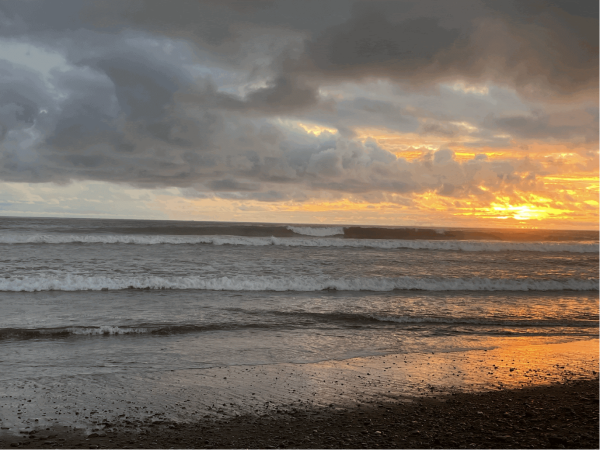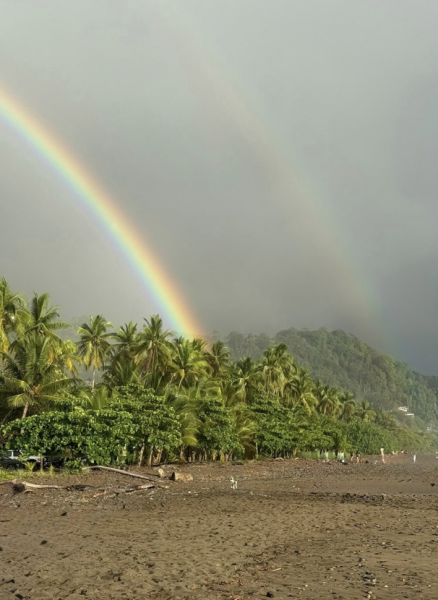Undeniable evidence
California fires act as a reminder of climate change
Last month I had to evacuate my own city.
I live in a single-family house in a safe residential neighborhood in an American city known for its eco-friendly practices, but still, my health was in severe danger.
The air quality in San Francisco rose to the mid-200s on AIRNow’s Air Quality Index, a measurement within the “unhealthy” zone — the second-most dangerous. Smoke from the Camp Fire, 175 miles northeast of the City in Butte Country, poured into my hometown, enveloping everyone in the Bay Area in dangerous air. The air quality was the worst in the world, not to mention the worst in San Francisco’s history.
This isn’t the first time in my lifetime — or even in the past two years — that I’ve lived through a record-setting day in San Francisco. The City had its hottest day in history at 106 degrees last September.
I could blame whatever electrical failure may have caused the recent fire or the winds that carried it to the Bay Area, and I could blame the 105-degree day on a fluke, a rare scenario. Instead, I blame climate change.
The earth’s average temperature has increased 1.4 degrees since 1880, and two-thirds of that change has occurred in the last 40 years, according to NASA’s Earth Observatory. In 2014, average sea levels were 2.6 inches higher than those in 1993 and continue to rise nearly one-eighth of an inch per year, according to the National Ocean Service.
These changes seem small to most. After all, what could single-digit changes possibly cause that would threaten the world? The answer to this question is terrifying.
Released just last month by the U.S. Global Change Research Program, the Fourth National Climate Assessment warns that the seemingly-small change in Earth’s temperature will hurt American infrastructure, the economy, agriculture, and energy production. The assessment predicts climate change will also cause the spread of disease through insects and pests, in addition to extreme weather and climate-related events — like the record-breaking hurricanes, snowstorms, wildfires and heat waves many U.S. citizens experienced just in the past year.
But we’ve all ignored the signs. We’ve all said, or at least thought, “We don’t need to do anything now. We can fix it in a few years.”
Well, our time’s up. Those few years never existed.
I always thought I would be the last one to feel global warming’s effects. I thought I’d be protected in my elevated, heated home in a well-developed American city. If that’s true, then the fact that I fled my home last month is a grave sign.
Climate change is no longer something we can put off — it never was — but now is our last chance to fix it.
Take the bus. Ride a bike. Limit your showers to five minutes. Reduce, reuse, recycle. Most importantly, write letters to the government officials who have the power to do something about climate change, but who refuse to believe it exists. Call their offices. March in protests demanding better legislation.
If we don’t, there might not be another generation to do so.








